In a world...
The words might not start as many movie trailers as they used to, but they've become a sort of shorthand for setting up drama. And for me, they sum up one of the things I love about writing: finding that "in a world" moment and drawing it out into a real, complicated situation.
Say you have a fairly normal setting, only with magic/mythical creatures/mutant superpowers. (In a world where vampires roam the night...in a world where deities lurk in back alleys...) Said powers can range from outright awesome (immortality! control over electricity! telekinesis!) to just above mundane (control over all shrimp no longer than one inch! olfactory invulnerability! keeping a fridge permanently clean!). The first and most important question then becomes "why aren't these magicians/vampires/mutants in charge of everything?"
One answer is "they are, we just don't know it." Okay, then. How much energy does it take to hide something that big? And why not rule openly? Or perhaps in this world, they are already visibly in charge of everything. That's going to make a lot of changes in the governance of this world, possibly even down to who's still considered a person. If vampires are in charge, are humans cattle? If magicians rule, where's the check on their power?
There are lots of fun ways to play with this character by character -- say, Mr. Electricity above can only exert his power at great personal cost, and so lives off the grid, away from civilization. Or maybe the fridge-cleaning guy works in a sterile lab, and so that just makes his life a little easier. But on a larger scale, the effects of adding magic to a world are a lot more pernicious.
For the Evie books, I skirted some of this by making my magicians dangerous only in groups -- and extraordinarily unwilling to collaborate. That worked in some ways; it appealed to a very human part of the characters, rather than some external authorhand saying "no." But there were other ways in which it didn't work, and I tried to show some of the ways that this was breaking down by the end of the third book.
More recently, I was noodling around with a world in which I've set several short stories. I knew a couple of things about it: in the present, they use what was essentially "magic rock" to fuel their machines. At some point in the past, people had used the same phlebotinum directly, since in the right proportions it could cause something akin to magic powers (and madness, and a host of other side effects...). So I had two questions: how did the world change from one state to the other, and what had life been like before that shift to industrialization?
The answer: It was bad. As the creators of Girl Genius might say, "It is a world ruled by mad science [or, in my case, magic]! Poorly!" Magic powers + emotional/mental instability caused by said powers = things go boom.
In a dramatic sense, I'm all for things going boom. But how could the world I'd originally constructed arise out of this chaos? And how would someone at the moment of that change feel?
The possibilities stayed in my head for a long time, and eventually made it out in a short story that went up just yesterday, called "Letters of Fire." In a world where the art of magic is dying under the heel of a despot...or a world where senseless slaughter by overpowered madmen might finally be at an end...perspective is changing day by day.
Now if I can just get one of the voice-overs from those movie trailers to narrate my life...

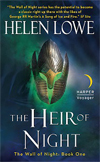
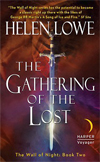
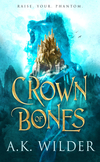
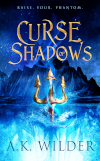
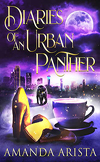
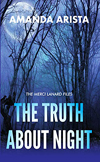

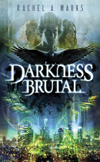
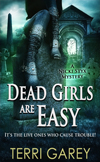
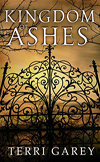
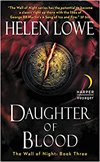
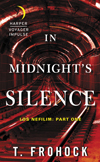
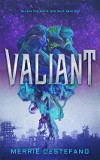
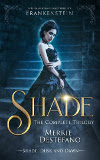

2 comments:
Margaret---great post! Those checks and balances considerations are so vital to world building and SFF magic systems. Even if they don't necessarily need to be expounded in the book itself at length, the author definitely needs to know and understand them.
I loved "Letters of Fire" btw.
And glad to see that you're a fellow Girl Genius fan.:)
Excellent post! I love seeing all the detail and thought that goes into intricate world building.
Post a Comment